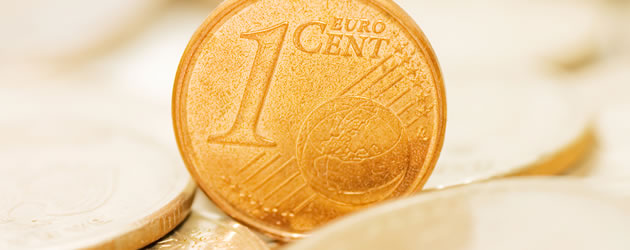The Euro to South African Rand (EUR/ZAR) advanced on Tuesday as economic data out of Africa’s most developed economy came in worse than forecast and heightened worries over South Africa’s future.
The Euro to South African Rand (EUR/ZAR) exchange rate hit a session high of 13.1477
According to data released by Statistics South Africa, power cuts, worker strikes and civil unrest all played their parts in slowing the rate of economic expansion in the troubled nation. Economic growth slowed in the first quarter of the year to a rate of just 1.3%, a figure that was well below the 4.1% seen in the final quarter of 2014 and was below economist forecasts for a gain of 1.7%. On a year-on-year basis, the economy was shown to have expanded by 2.1%.
The power cuts imposed by government owned utility Eskom led to manufacturing output falling 2.4% on annualised basis in the first quarter.
‘Manufacturing is not doing great. Its electricity constraints, political uncertainty, labour uncertainty. In the past month, rolling blackouts have come back with a vengeance,’ said Dennis Dykes, chief economist at Nedbank Group Ltd in a phone interview with Bloomberg.
Agricultural output tumbled by 16.6% due to the effects of a drought effecting large swathes of the nation. The drought is the worst for more than two decades and is likely to see South Africa’s farming output be the smallest seen since 2007. Government services also contracted as a large number of civil servants resigned.
South African Unemployment at 26.4%
The Rand was also weighed upon by a separate report, which showed that South Africa’s unemployment rate soared to its highest level in 11-years. The nation’s overall unemployment rate surged to 26.4%, up from the previous figure of 24.3%. The data now means that a quarter of the country’s population is out of work.
‘South Africa is really at a crossroads. President Jacob Zuma’s government has repeatedly delayed hard decisions to put the economy on a path to the 7% rate it has said it needs to dent unemployment. We don’t know when these decisions will be made and what the economy will have to go through in the meantime,’ said Kristin Lindow, senior vice president at Moody’s Investors Service.
Further gains for the Euro were restrained as fears over a possible Greek default weighed heavily upon the single currency.



